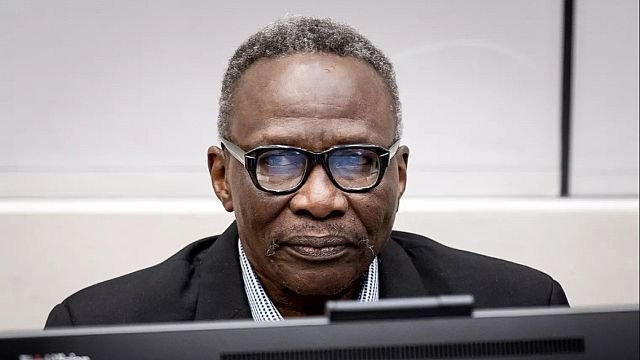The International Criminal Court (ICC) has convicted a former Sudanese militia leader for atrocities committed in the Darfur conflict more than 20 years ago , marking the first-ever conviction related to the violence that devastated the region.
On Monday, judges at The Hague found Ali Muhammad Ali Abd-Al-Rahman, also known as Ali Kushayb, guilty of 27 counts of war crimes and crimes against humanity, including murder, rape, torture and persecution. His sentence will be determined after a new round of hearings.
The ruling represents a historic milestone for the ICC, as it is the first and only conviction stemming from the Darfur conflict since the United Nations Security Council referred the case to the court in 2005.
Abd-Al-Rahman, who denied all 31 charges when his trial began in April 2022, was accused of leading Janjaweed militia forces responsible for some of the worst atrocities in Darfur between 2003 and 2004. Prosecutors described his actions as acts of “beastly violence,” including coordinated attacks on villages, mass killings and the use of rape as a weapon of war.
During the trial, 56 witnesses testified, recounting harrowing scenes of entire communities wiped out, women assaulted, and villages burned to the ground. In one account, Abd-Al-Rahman allegedly ordered fighters to attack again, saying: “Repeat, repeat for these people. Maybe there are some that you have missed.”
The Darfur conflict erupted in 2003 when rebels from non-Arab communities took up arms against the Arab-dominated government in Khartoum, accusing it of marginalization. Then-President Omar al-Bashir’s regime responded with a brutal counterinsurgency campaign, led largely by the Janjaweed militias. The scorched-earth tactics resulted in an estimated 300,000 deaths and forced 2.7 million people from their homes.
Al-Bashir himself faces ICC charges, including genocide, but remains at large.
The verdict comes as fresh reports of atrocities and famine continue to emerge from Darfur, where fighting has again escalated in recent years. In July, the ICC’s deputy prosecutor told the United Nations that war crimes and crimes against humanity were still being committed in Sudan’s western region.
For many victims and survivors, Monday’s judgment offers a rare moment of justice — and a reminder of the long road still ahead for accountability in Sudan.







